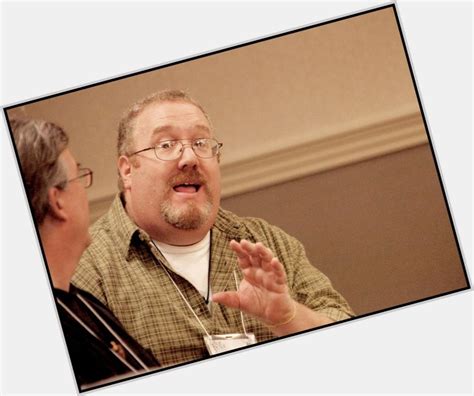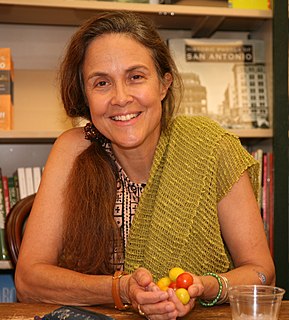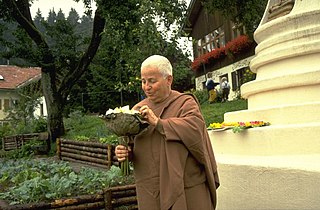A Quote by Ari Berk
In life, a person will come and go from many homes. We may leave a house, a town, a room, but that does not mean those places leave us. Once entered, we never entirely depart the homes we make for ourselves in the world. They follow us, like shadows, until we come upon them again, waiting for us in the mist.
Related Quotes
Forgiveness does not mean that we have to continue to relate to those who have done us harm. In some cases the best practice may be to end our connection, to never speak to or be with a harmful person again. Sometimes in the process of forgiveness a person who hurts or betrayed us may wish to make amends, but even this does not require us to put ourselves in the way of further harm.
Let us leave a little room for reflection in our lives, room too for silence. Let us look within ourselves and see whether there is some delightful hidden place inside where we can be free of noise and argument. Let us hear the Word of God in stillness and perhaps we will then come to understand it.
Someone once told me that time was a predator that stalked us all our lives. But I rather believe than time is a companion who goes with us on the journey, and reminds us to cherish every moment because they'll never come again. What we leave behind is not as important how we lived. After all, Number One, we're only mortal.
We leave something of ourselves behind when we leave a place. We stay there even though we go away and there are things in us we can find again only by going back there. We travel to ourselves when we go to a place. We have covered a stretch of our life no matter how brief it may have been but by traveling to ourselves we must confront our own loneliness. And isn’t it so that everything we do is done out of fear of our loneliness? Isn’t that why we renounce all the things we will regret at the end of our life?
See to it, night and day, that you pray for your children. Then you will leave them a great legacy of answers to prayer, which will follow them all the days of their life. Then you may calmly and with a good conscience depart from them, even though you may not leave them a great deal of material wealth.
To rescue our children we will have to let them save us from the power we embody: we will have to trust the very difference that they forever personify. And we will have to allow them the choice, without fear of death: that they may come and do likewise or that they may come and that we will follow them, that a little child will lead us back to the child we will always be, vulnerable and wanting and hurting for love and for beauty.
God allows and at times causes us to go through the kinds of circumstances that strip away all falsehood and leave us with our real selves. God's ultimate intent is not to leave us faithless, but to leave us faith-full. There are few things as exhilarating as going through the fire and finding that you had the resilience to make it through. All of us wonder at times whether we have what it takes. God wants to bring us to a place where we have no doubt of the work He has done within us.
Only part of us is sane: only part of us loves pleasure and the longer day of happiness, wants to live to our nineties and die in peace, in a house that we built, that shall shelter those who come after us. The other half of us is nearly mad. It prefers the disagreeable to the agreeable, loves pain and its darker night despair, and wants to die in a catastrophe that will set back life to its beginnings and leave nothing of our house save its blackened foundations.
God never gives up on us no matter how hard we try to get ourselves loose. God does not let go. That doesn't mean he controls everything we do. It doesn't mean he puts a bridle on us and leads us by the nose. He gives each one of us free will and common sense and a spirit that can communicate with his. When we go through afflictions, he allows us to choose our response. But no matter what our response may be, he sticks around to the bitter end.
Each of us will have our own Fridays—those days when the universe itself seems shattered and the shards of our world lie littered about us in pieces. We all will experience those broken times when it seems we can never be put together again. We will all have our Fridays. But I testify to you in the name of the One who conquered death—Sunday will come. In the darkness of our sorrow, Sunday will come. No matter our desperation, no matter our grief, Sunday will come. In this life or the next, Sunday will come.
If the book we are reading does not wake us, as with a fist hammering on our skull, why then do we read? So that it shall make us happy? Good God, we should also be happy if we had no books, and such books as make us happy we could, if need be, write ourselves. But what we must have are those books which come upon us like ill fortune, and distress us deeply, like the death of one we love better than ourselves; like suicide. A book must be an ice-axe to break the sea frozen inside us.
Suffering is our best teacher because it
hangs onto us and keeps us in its grip
until we have learnt that particular
lesson. Only then does suffering let go. If
we haven’t learnt our lesson, we can be
quite sure that the same lesson is going
to come again, because life is nothing but
an adult education class, If we don’t pass
in any of the subjects, we just have to sit
the examination again. Whatever lesson
we have missed, we will get it again. That
is why we find ourselves reacting to
similar situations in similar ways many
times.






































